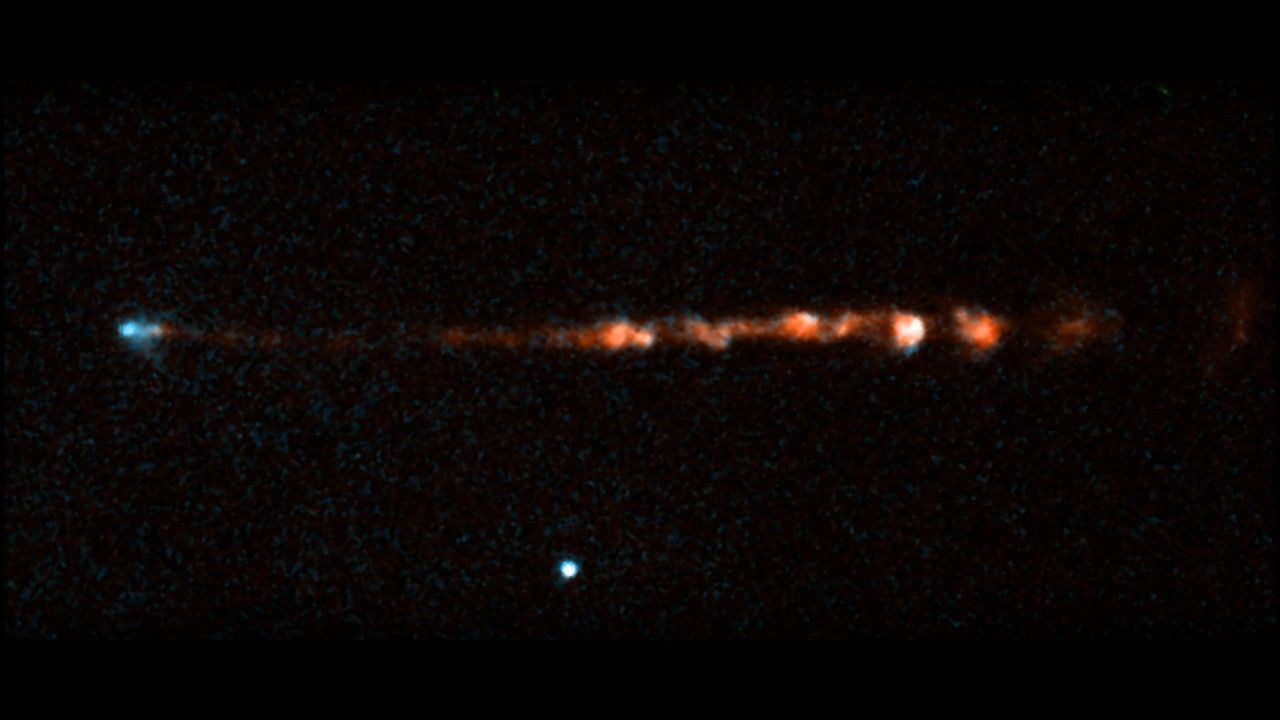Science and Technology

Science is the process of understanding how the world works by asking questions, making observations, conducting experiments, and gathering evidence. It’s a way to explore and explain natural phenomena, like why the sky is blue, how plants grow, or what makes things fall to the ground.
Technology is the application of scientific knowledge to create tools, devices, and systems that solve problems or make life easier. It includes everything from simple tools like hammers and wheels to complex systems like computers and the internet.
In Summary:
- Science helps us understand the world by asking questions and discovering how things work.
- Technology uses that understanding to create tools and solutions that improve our daily lives.
Together, science and technology drive progress and innovation, making it possible to do things that were once unimaginable, like flying in airplanes, curing diseases, or connecting with people around the globe instantly.

- Details
- Category: Science & Technology
- 114
That fear makes sense — you’re not being irrational or “behind.” A lot of the noise right now is designed to make people feel replaceable. Let’s slow it down and ground it. 🤍
Read more: Will Robots Replace Humans? A Calm, Reality-Based Look at the Fear

- Details
- Parent Category: Science & Technology
- Category: The Universe
- 132
Did a Cosmic Plasma Event Destroy an Ice Age Civilization?
That headline is pure pseudoscience, and there’s no evidence for it.
Read more: Did a Cosmic Plasma Event Destroy an Ice Age Civilization?

- Details
- Parent Category: Science & Technology
- Category: The Universe
- 146
Short answer: the Big Crunch is a real scientific idea, but right now it looks very unlikely.
Here’s the clean, no-hype breakdown 👇
Read more: Is the Big Crunch Just a Theory — or Could the Universe Actually Collapse?

- Details
- Parent Category: Science & Technology
- Category: Metaverse
- 197
Short answer: yes, parts of the internet can be shut down — but the entire global internet is extremely hard to fully “turn off.”
Here’s the clear, no-hype breakdown.

- Details
- Parent Category: Science & Technology
- Category: Metaverse
- 164
Are “glitches in the matrix” real? This science-based debunk explains why missing objects, time skips, coincidences, and strange sensations are better explained by psychology — not a simulated universe.
A real ‘glitch in the matrix’ wouldn’t feel spooky — it would be reproducible, measurable, and boringly scientific. None have ever been found.
Read more: Are ‘Glitches in the Matrix’ Real? Science Has a Simpler Explanation

- Details
- Parent Category: Science & Technology
- Category: The Universe
- 181
The multiverse isn’t a single theory—it’s a category of ideas that come from different areas of physics. Some versions are mathematically motivated, others more speculative. None are proven.
Read more: Is the Multiverse Likely? What Science Actually Says

- Details
- Parent Category: Science & Technology
- Category: The Universe
- 682
"Questionable ufologists" refers to individuals or groups within the UFO (Unidentified Flying Object) research community who may be criticized for a lack of scientific rigor, questionable evidence, or promoting sensational or unfounded claims about extraterrestrial activity. These figures often face skepticism from both mainstream scientists and more serious UFO researchers.
Read more: Distinguishing Between Credible and Questionable UFO Researchers

- Details
- Category: Science & Technology
- 1994
Project Blue Beam is a conspiracy theory that alleges a secret plan by governments or global elites to create a fake alien invasion or the second coming of religious figures using advanced technology, such as holograms and mind control, to establish a New World Order. The theory, popularized in the 1990s by Quebec journalist Serge Monast, has since gained traction in some fringe communities. However, there are several reasons why Project Blue Beam has been widely debunked and is not taken seriously by credible sources. Let's break it down:
Read more: Debunking Project Blue Beam: The Implausible Conspiracy Theory Unmasked

- Details
- Parent Category: Science & Technology
- Category: Medical
- 699
Yes, nanotechnology exists today, but fully functional and autonomous nanobots like those seen in science fiction are still in early stages of development. Here's a breakdown of the current state: